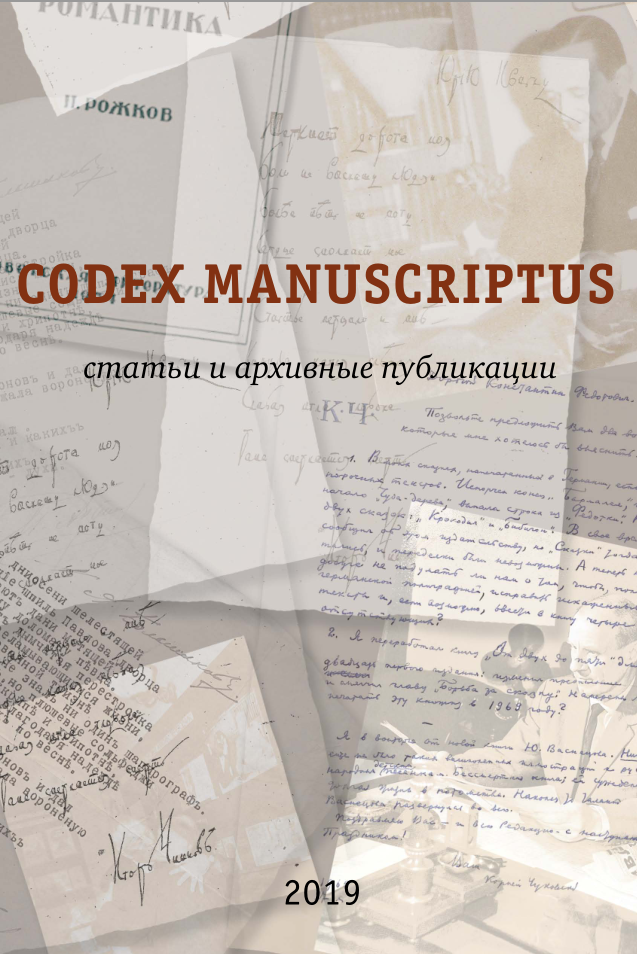Acknowledgements: The research was carried out with the support of joint research project FICUSOV 1917–1941 (Financing of Soviet Culture) — CNRS– UMR Eur’ORBEM.
Abstract:
The memoirs of the staff of the publishing house “Academia” indicate that the activities of the publishing house were inspired by the disinterested love (illusio) of “authors” in the broadest sense (editors, translators, commentators, editors) for art and literature. Archival documents show that this is not the case. The very ambitious editorial policy that “Academia” demonstrates is largely declarative. In fact, the choice of published books is also and primarily associated with competition for copyright (lusio). The competition was quite open: the authors who manage to get the most regular and significant income from collaboration with the “Academia” are not necessarily the most influential politically. Competence, social flexibility, and tenacity enable seasoned professionals to steer publishing programs in a direction that is favorable to their personal interests. It is the competition between the authors, their sometimes long-standing closeness and the tactical nature of their behavior that make it possible to understand the sometimes paradoxical decisions of the editorial board. But the race for royalties is not a war of all against all. We see that the “Academia” has informal rules that are tacitly accepted by all employees (collusio). These rules, beneficial to all, ensure the survival of the “Academia” for several years in an alien and hostile environment of the Building of Socialism.






